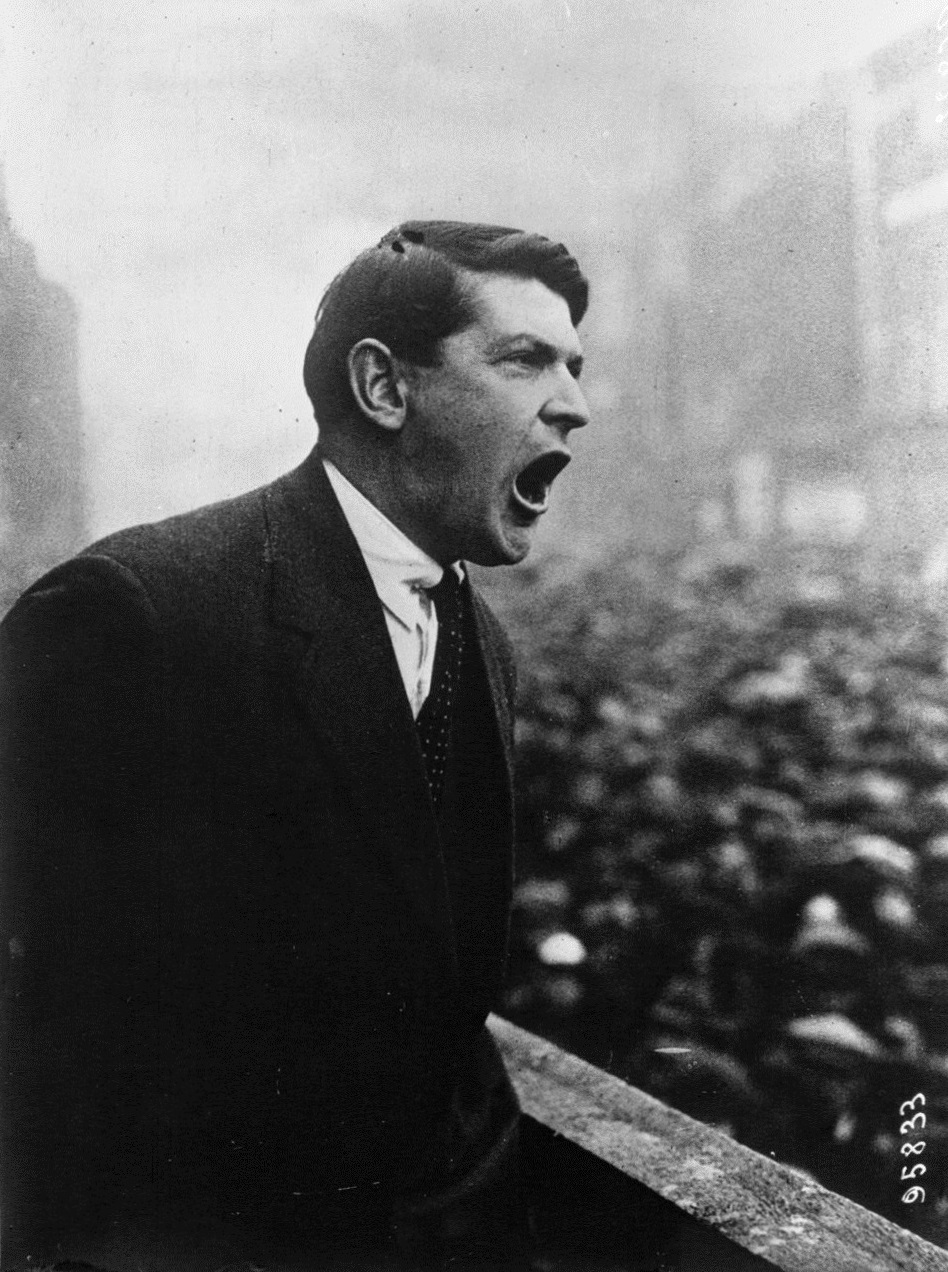“There is a simple test. Those who are left in possession of the battlefield have won”
Kontext: The Treaty is already vindicating itself. The English Die-hards said to Mr. Lloyd George and his Cabinet: "You have surrendered". Our own Die-hards said to us: "You have surrendered". There is a simple test. Those who are left in possession of the battlefield have won.
